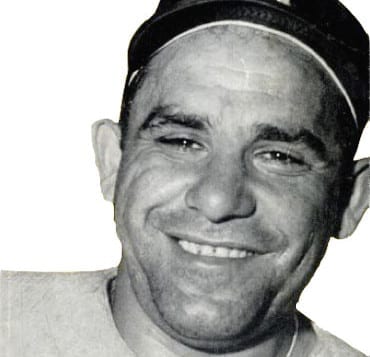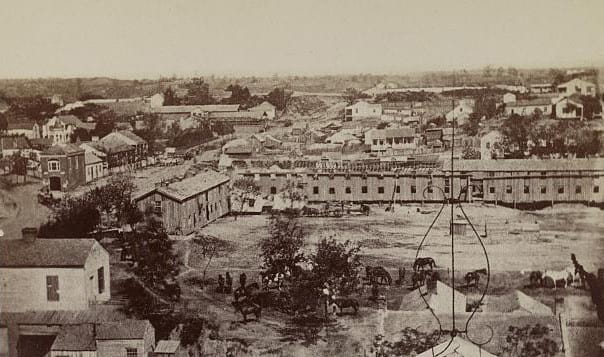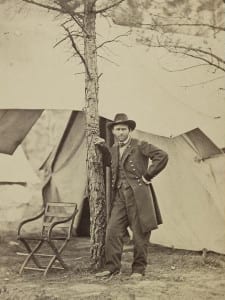By Rich Acritelli
Yogi Berra may have grown up playing baseball in Missouri, but when he was a catcher for the Yankees he was Mr. New York.
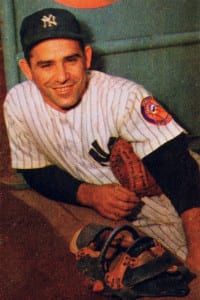
The legend died a few weeks ago at 90 years old, but he will be remembered by Long Island baseball fans for years to come.
Born in 1925, Lawrence Peter “Yogi” Berra grew up in the Italian section of St. Louis, the son of immigrants who worked many hours to make ends meet for their family. As a kid, Berra discovered his love for baseball and would play at every opportunity, though his equipment was not always very advanced — coming from a poor family, he used old magazines as shin guards.
The Hill neighborhood of St. Louis produced outstanding ball players such as catcher Joe Garagiola, who played against Berra. However, the legend did not get to the major league right away.
Berra’s grades were poor and education was considered a luxury during the Great Depression, so he went to work in a coal mine. But Berra was meant to play baseball — he lost his job because of his habit of leaving work early to play the game with his friends. His parents did not understand or like baseball, but their son excelled and became one of the best players from their neighborhood. In 1942, the New York Yankees brought him into their dugout.
At 17 years old, Berra was away from home for the first time. His career began slowly, and he committed 16 errors in his first season as a catcher, although his hitting was consistent. Times were tough for the young man — he made $90 a month, before taxes were deducted, and there was little leftover after covering his living expenses. There were times Berra was close to starving. At one point, his manager loaned him money to buy cheeseburgers and adoring fans made Italian heroes for him to eat. He sold men’s suits in the winters to get by.
“What you have to remember about Yogi is that all he ever wanted was to be a baseball player.”
— Jerry Coleman, hall of fame broadcaster
Soon into his career, America’s priorities changed. With World War II raging, Uncle Sam started to draft baseball players into the military. Berra joined the U.S. Navy and was in the middle of the action in Europe on one of the most important days for the Allied war effort: June 6, 1944. On D-Day, Berra was on a rocket boat that fired armaments against the German fortifications at Normandy.
That August, the catcher aided landing troops during the amphibious invasion of southern France through Operation Dragoon. After fighting on D-Day, Berra said he was scared to death during those landings, because he realized the Germans could have killed his entire crew due to their proximity to the beaches. Despite his fear, he fought valiantly and went back behind home plate with a Purple Heart.
By 1946, with the war behind him, Berra returned to the ball park. He was one of the toughest and most talented players in the league, a three-time MVP who hit 305 homeruns and earned 10 World Series rings. Don Larsen, who in the 1956 World Series threw a perfect game to Berra, believed the catcher was the best pitch caller in baseball.
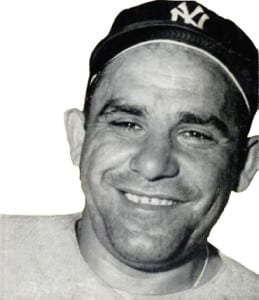
The all-star was at the center of many historic plays, including when Jackie Robinson famously stole home during the 1955 World Series. Berra, who was catching for pitcher Whitey Ford, attempted to tag out Robinson, but the umpire deemed the runner safe — a call Berra did not agree with.
Once he hung up his catcher’s gear in the 1960s, Berra became a coach and manager for the Yankees, the Mets and later the Houston Astros, among other business ventures.
For a man who did not earn an education past the eighth-grade level, Berra accomplished much during his lifetime, included being known for his creative sayings, commonly known as “Yogi-isms,” such as his famous quotes, “It ain’t over till it’s over,” and “It’s déjà vu all over again.” He was an American and athletic icon who represented the grit and character of his unique nation.

